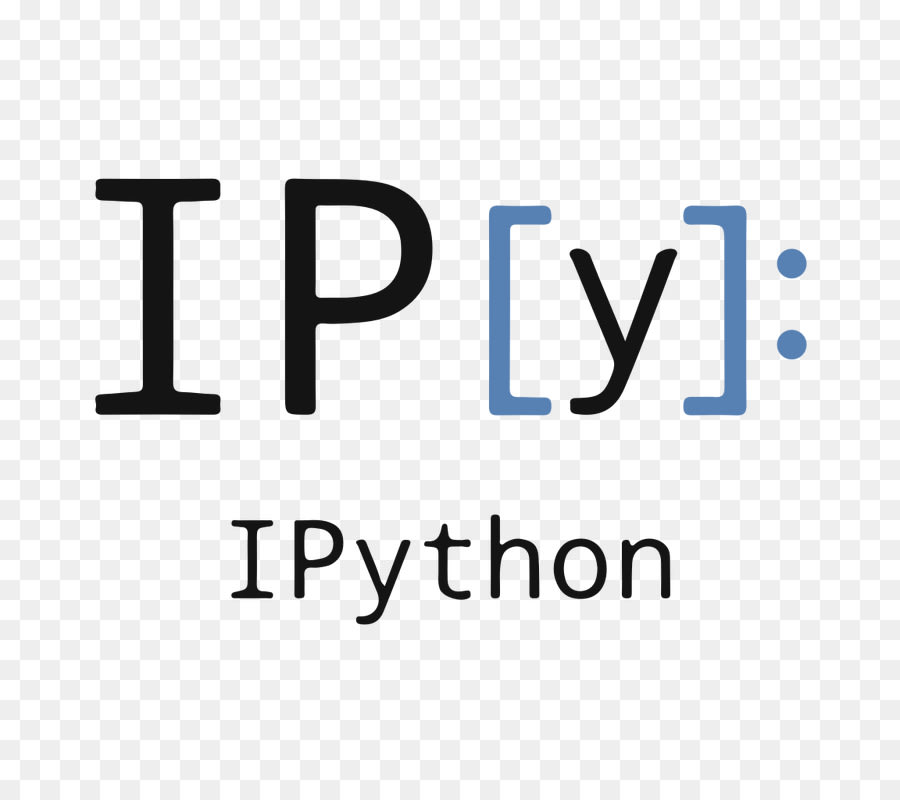

Inside, it will install a local version of Python and a local version of pip. This will create a directory called my_project_env within your my_project_dir directory. For the purpose of this tutorial, we’ll call it my_project_env but you should call it something that is relevant to your project. Within the project directory, we’ll create a Python virtual environment. We’ll call this my_project_dir, but you should use a name that is meaningful for you and what you’re working on. Create and move into a directory where we can keep our project files. With virtualenv installed, we can start forming our environment. The -H flag ensures that the security policy sets the home environment variable to the home directory of the target user.
#PIP3 INSTALL IPYTHON UPGRADE#
Upgrade pip and install the package by typing: To do this, we first need access to the virtualenv command which we can install with pip. We will install Jupyter into this virtual environment. Now that we have Python 3, its header files, and pip ready to go, we can create a Python virtual environment to manage our projects. Step 2 - Create a Python Virtual Environment for Jupyter We can now move on to setting up a Python virtual environment into which we’ll install Jupyter.
#PIP3 INSTALL IPYTHON UPDATE#
We first need to update the local apt package index and then download and install the packages:

We will use the Python package manager pip to install additional components a bit later. Ubuntu 18.04 comes preinstalled with Python 3.6. To begin the process, we’ll install the dependencies we need for our Python programming environment from the Ubuntu repositories.
#PIP3 INSTALL IPYTHON HOW TO#
You can learn how to set this up by running through our initial server setup tutorial. In order to complete this guide, you should have a fresh Ubuntu 18.04 server instance with a basic firewall and a non-root user with sudo privileges configured. Jupyter Notebooks (or simply Notebooks) are documents produced by the Jupyter Notebook app which contain both computer code and rich text elements (paragraph, equations, figures, links, etc.) which aid in presenting and sharing reproducible research.īy the end of this guide, you will be able to run Python 3 code using Jupyter Notebook running on a remote server. This tutorial will walk you through setting up Jupyter Notebook to run from an Ubuntu 18.04 server, as well as teach you how to connect to and use the notebook. It is often used for working with data, statistical modeling, and machine learning. This tool can be used with several programming languages, including Python, Julia, R, Haskell, and Ruby. An open-source web application, Jupyter Notebook lets you create and share interactive code, visualizations, and more.


 0 kommentar(er)
0 kommentar(er)
